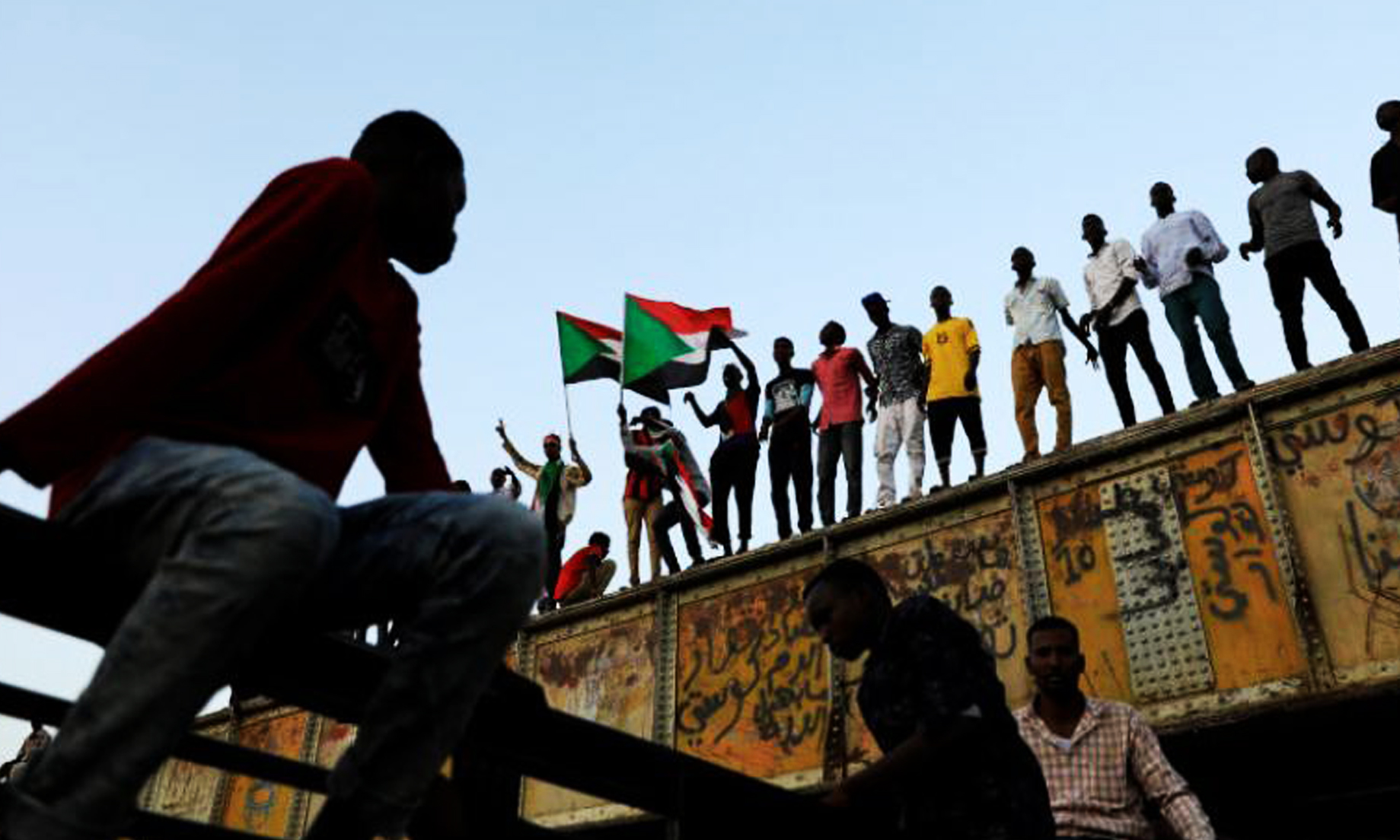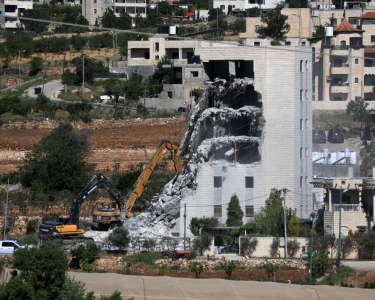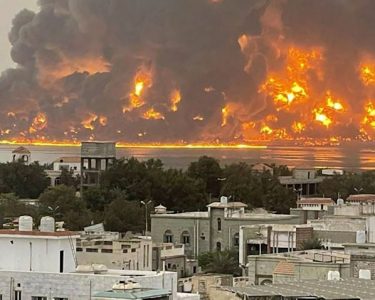KHARTOUM, July 6 (NNN-AGENCIES) – The Sudanese military and the opposition agreed on a power-sharing transitional government on Friday, a breakthrough after weeks of stalemate and following a bloody crackdown on protesters.
The main opposition grouping Forces for Freedom and Change (FFC) and the military are to take turns at the helm of a sovereign council for a period of three years, state news agency SUNA reported, with elections to follow.
The main sticking point in negotiations that broke down in May was whether the leader of the council would be military or civilian – each side will now take turns.
“We assure the Sudanese people that this agreement will not exclude any group,” Mohamed Hamdan Dagalo, deputy chairman of the transitional military council (TMC), was cited as saying.
The deal will see six civilians on the 11-seat sovereign council and five military personnel, one of the protest groups, the Sudanese Professionals Association (SPA), said on their official Facebook page.
The first 21 months of the 3-year period will have a military official head the council, the last 18 months a member of the opposition, the SPA added.
“The agreement represents a key step in the right direction to achieve the revolution’s goals,” leading FFC member Omer Adigir said, according to SUNA.
The two sides also agreed to investigate recent violence in the country, which led to dozens of deaths.
Meanwhile, the woman who became a symbol of Sudan’s pro-democracy protests and was dubbed the “Nubian Queen,” said she was cautiously optimistic about the deal.
“In general I am optimistic … but we have to wait to see if the Transitional Military Council will fulfil its commitments because in the past it did not and killed protesters in cold blood,” Ala Salah – whose white-robed image went viral during the protests – told dpa.
Anti-government demonstrations began in Sudan late last year with protesters calling for long-time leader Omar al-Bashir to go. The military stepped in in April, launching a coup and arresting him.
But protesters have argued that the new military rulers are a continuation of al-Bashir’s former regime and have sought more concessions and a transition to civilian government.
On June 3 the security forces launched a crackdown to clear the protesters’ sit-in, which opposition groups say killed more than 100 people. The UN Security Council strongly condemned the violence.
After the news of the power-sharing deal broke, hundreds of people took to the streets in celebration after Friday prayer, though others were sceptical and chanted slogans calling for justice for slain comrades.
“We must guard our honourable revolution because the military council does not keep its word. Also we have to press the two parties to establish an international committee to investigate the killing of protesters,” Akram Ali, 25, told dpa in Khartoum.
Analysts were circumspect Friday, with Ahmed Soliman, a Sudan expert at British think-tank Chatham House, telling dpa: “What we’re seeing here is this meeting in the middle to try build some trust.”
“There are differences within the factionalised armed forces as well as in the opposition coalition,” Soliman added. “We can’t rule out the possibility of the breakdown (of the deal) and more violence, just because of the nature of what is in place in Sudan.”
UN Secretary General Antonio Guterres said he was encouraged by the agreement and reiterated the UN’s commitment to help in the transition, in a statement released by his spokesman.
The statement also encouraged the “timely, inclusive, and transparent” implementation of the agreement and welcomed the parties’ commitment to conducting an independent investigation into the violence perpetrated against peaceful protesters, including the events on 3 June.






